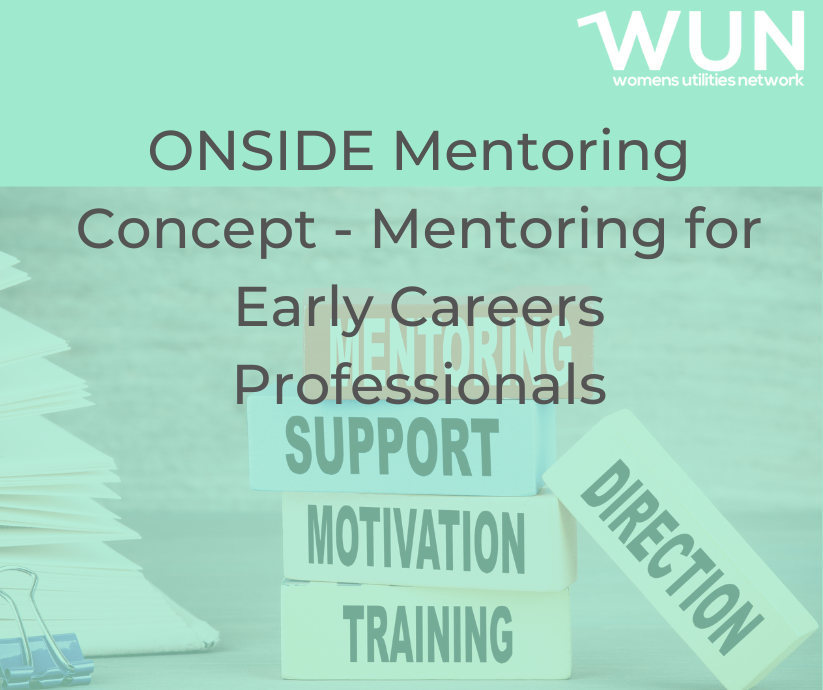ONSIDE Mentoring Concept – Mentoring for Early Careers Professionals

If ONSIDE Mentoring conjures up a vision of two teams of 11 running up and down a football pitch, we are sorry to disappoint you! As ONSIDE Mentoring has nothing to do with the beautiful game, but has everything to do with mentoring relatively inexperienced professionals.
Andy Hobson, who is Professor of Teacher Learning and Development and Head of Education Research at the University of Brighton, developed the ONSIDE model of mentoring in 2016. He developed the model based on five research studies of mentoring and professional learning and a review of international research evidence. His focus in developing the model was Early Careers Teachers. However, this model can be applied to any early career professional.
The model looks to strike the right balance between supporting and challenging early career professionals. It is based on building trust and moves between the mentor working alongside the early career professional as an ally and also directing the mentee, giving them advice when needed. It requires the mentor to demonstrate a high degree of professional judgement. Hence, they increase the opportunities for the mentee to grow by allowing them to take risks to enable them to learn.
ONSIDE Mentoring is made up of six elements, taking the first letter of each element to spell-out ONSIDE:
Off-line – the mentoring relationship is separated from the mentee’s line-management and supervision; and it is non‑hierarchical. A mentee being mentored by their line-manager or supervisor can become anxious about making mistakes, resulting in the mentee becoming risk averse and not sharing their thoughts with their mentor, in case they are held against them at a later point.
Non-judgemental and non‑evaluative – the key to non‑judgmental mentoring is for the mentor not to tell the mentee what they must do, and how they should do it; and to not make critical comments. Instead the mentor should employ active listening, avoid interrupting the mentee, and pay attention to their non-verbal communication.
Supportive of the mentee’s psycho‑social needs and wellbeing. As human beings it is almost impossible to compartmentalise our personal wellbeing from how we perform professionally. If the mentee is unable to be open about the issues they are having, the support the mentor is able to provide may be limited. The mentor should therefore look to pick up on any wellbeing cues the mentee provides; and take a broader interest in the mentee.
Individualised – tailored to the specific and changing needs, both emotional and developmental, of the mentee – as everyone is different. It is important to recognise that people and their circumstances change regularly. Therefore it is important that the mentor does not assume that the mindset, responsibilities and stresses that originally vexed the mentee will stay the same throughout the mentoring relationship. The mentor should keep asking questions of the mentee, so they can continually grow in their understanding of the mentee’s needs, drivers and pressures.
Developmental and growth‑oriented – seeking to promote the mentee’s ability to learn, whilst providing them with degrees of challenge. The mentor should view the mentee as an equal, acting as their sounding board and encouraging them to take responsibility for their own decision making. In addition the mentor should look to develop a supportive mentoring relationship, where they focus on the mentee’s strengths, aspirations, and personal developments; whilst encouraging the mentee to share their vision, goals, and identify what success looks like.
Empowering – progressively non‑directive to support and encourage the mentee to become more autonomous. The mentor should become increasingly less directive, supporting the mentee to become more independent. When the mentor does this, the mentee will recognise what they are capable of, increasing their self-confidence and enhancing their wellbeing. All of which will impact positively on their development.
Whether you are an early career professional looking for a mentor, or feel you could provide mentoring support to an early career professional, why not take a look at our mentoring program?